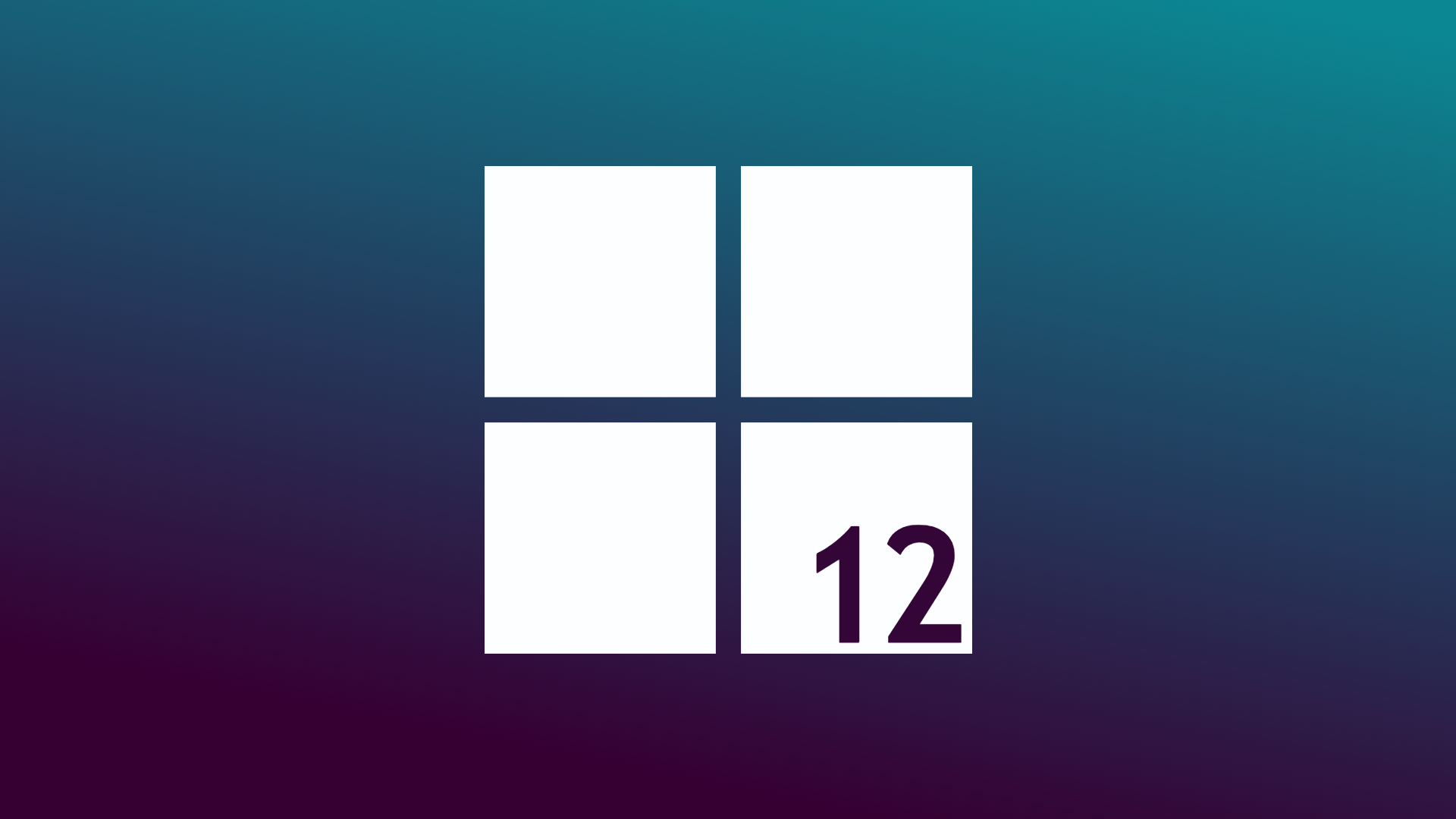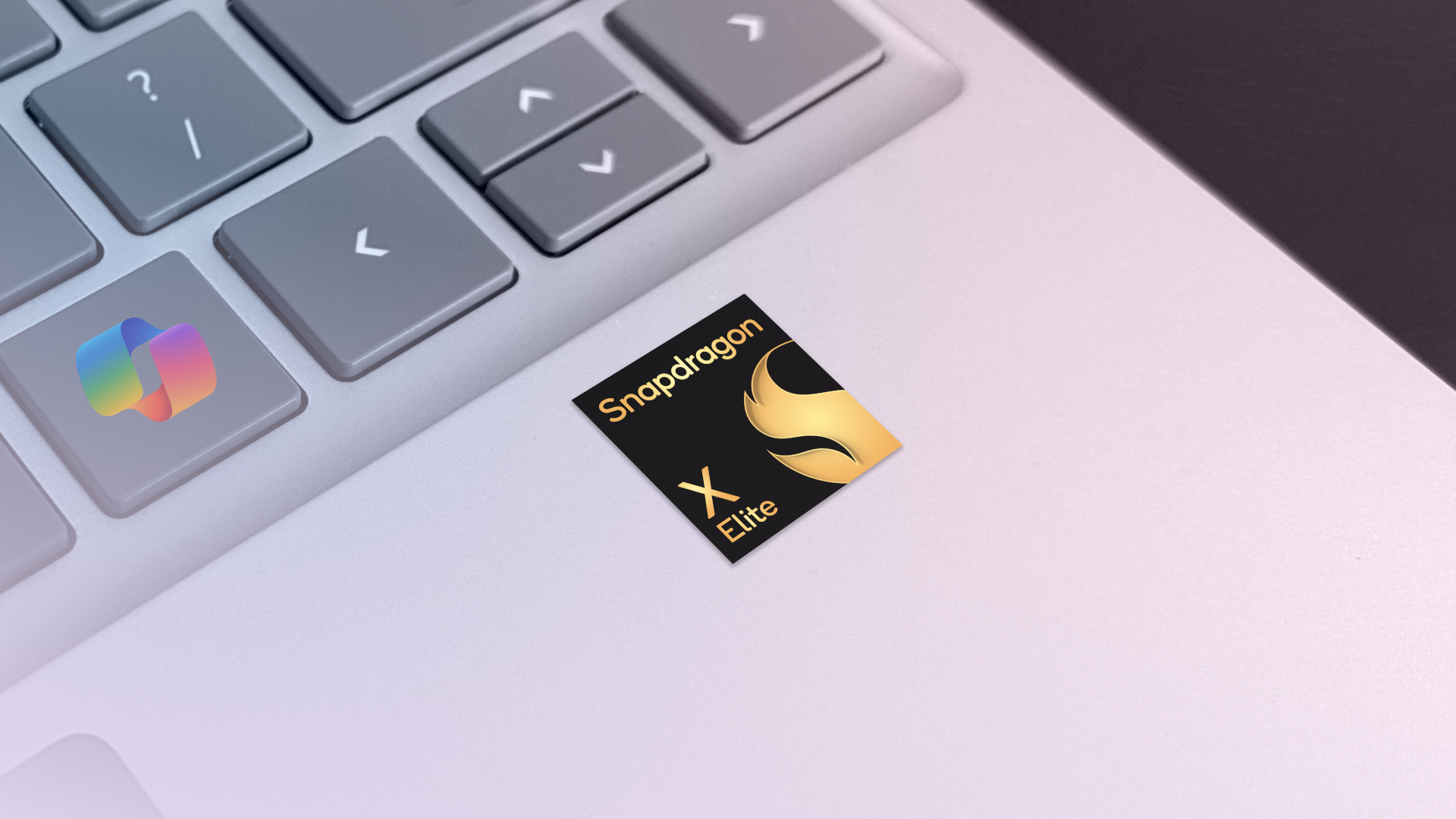
Microsoft's Windows has been the most commonly used operating system in the world since the early 90s. In that time, we've seen the platform enjoy its fair share of successes and failures, from the glorious heights of Windows 7 and XP, to the terrifying lows of Window ME and Vista, or the ambitious (yet disastrous) Windows 8.
If there's a trend to be found within Microsoft's releases of the Windows operating system, it's that oftentimes good follows bad, and bad follows good. The short-lived and lackluster Windows ME was quickly replaced by the beloved Windows XP, and the meme-worthy Windows Vista was the timeline trough to the peak that was Windows 7.
As humans, our ability to spot patterns like this is both a blessing and a curse. It may lead us to make biased and uninformed decisions based on surface-level interpretations. However, without it, I dread to think how many of our ancestors would've been reduced to cat droppings after they collectively tried to resist the urge to pet that saber-toothed tiger.
It's perhaps, in some way, that pattern recognition that led many to react skeptically to the release of Windows 11, with the success of Windows 10 historically suggesting that its successor would be about as popular as the measles. Thankfully, ahead of Windows 10's October 14, 2025 end of support date, a savior is approaching. Windows 12 is on the way! Right?
Right?
Where is Windows 12?
Windows 12 is the name on the lips of just about everyone in tech who isn't Microsoft, who have yet to officially acknowledge the possibility of a new mainline entry into the Windows franchise.
We have heard that Microsoft is working on something behind closed doors, with a project code named "Next Valley" the most likely candidate for a new milestone Windows release.
We've also caught wind that this eventually release may see Windows switch to a subscription model, and "sources familiar with Microsoft's plans" have even let slip about several Windows 12 features currently being worked on. However, before we get to Windows 12, we may have to work our way through Windows 11 first.
Microsoft won't back down on Windows 11
Windows 11, bless its poorly received heart, is widely seen as a 'skippable' version of Microsoft's OS offerings. Data shared by StatCounter shows that Windows 10 has over twice the market share of Windows 11.
The most recent data even shows an uptick in users of the former and a drop off of the latter—seemingly backed up by Steam's Hardware and Software Survey, which similarly showcases Windows 10's impressive staying power.
Windows 10's popularity is a massive stopping block for Microsoft, yet it seems unwilling to accept defeat, instead, focusing a considerable amount of time and resources into turning things around.
Windows 11 has switched over to a new update cycle focusing on "continuous innovation for Windows 11" with monthly security updates, and an annual feature drop in the second half of each year—with this year's Windows 11 24H2 update being next in line.

Windows 11 forever?
There's speculation that Windows 12 might not be a standalone release itself, but a culmination of this "continuous innovation for Windows 11" cycle. Intel EVP David Zinsner may have let the cat out of the bag during a virtual Citi Global Technology Conference in 2023 when he claimed a "Windows refresh" was on its way in 2024.
Despite this, Windows 12 has been long-rumored to make an appearance this year, with one leak indicating June would see the arrival of the anticipated operating system.
While talking about the release of Snapdragon X Elite-touting laptops later this year, Qualcomm's CEO, Cristiano Amon, appeared to echo this sentiment, saying "We're tracking to the launch of products with this chipset tied with the next version of Microsoft Windows that has a lot of the Windows AI capabilities."
However, a recent post to the Windows Insider Blog detailing Microsoft's plans for Windows may have poured cold water on this notion, indicating that "Windows 11, version 24H2 will be this year's annual feature update"—implying the sole focus of the Windows team for the remainder of 2024.
Outlook
It's looking increasingly unlikely that Microsoft will spring Windows 12 on us in 2024. However, I wouldn't bet against it making some form of appearance in 2025. We may not call it Windows 12, it may simply be an overhaul of Windows 11 packed with more features and a shiny new UI revamp—but project "Next Valley" can't stay in the shadows for too much longer.
Microsoft's continued push towards harnessing AI within its operating system and the increase in system requirements this will call for are likely to force the company's hand. We already know that the upcoming Windows 11 24H2 update will nudge out older hardware, and leave a number of users without the ability to continue on their Windows 11 journey.
Whether or not that's a blessing for them is still up in the air, but it is an indicator that Microsoft's hopes for the AI PC might need to cut free from older operating systems and start anew on a canvas that won't be bogged down by older hardware.







